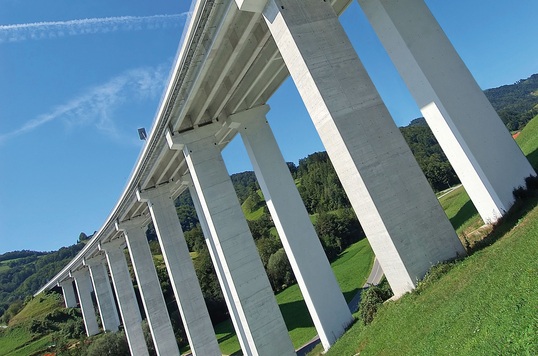Finding the Money for Infrastructures!

www.diasen.com
It is widely recognized that investing in Infrastructures plays a vital strategic role within the social and the economic country’s development.
In the medium and long term, the Infrastructures’ efficiency results in significant savings in terms of costs and time, with obvious advantages in productivity. In the short term, the direct, indirect and induced effects that occur during infrastructures construction constitute a major opportunity for the employment rate.
Historically, Italy has been characterized by an infrastructure gap compared to its Western Europe partners, particularly in the case of the transports system. Infrastructure is not the same quality throughout the country. While the road and rail networks are intricate and plentiful in the north and center of the country, the southern infrastructure is poor. Northern Italy’s impressive economic growth and geographical proximity to the heart of Europe made it a key commercial area, and the infrastructure developed accordingly. By contrast, the geographical isolation and poor economic development of Southern Italy meant that infrastructure was never a priority except for seaports.
The context outlined helps to understand the increasing pressure, in recent years, on the Italian Government to reduce this national infrastructure gap and the foreign gap with other Western Europe countries. At the same time, the tenacious attempt to curb public spending led looking for new opportunities for financing infrastructures.
Therefore, even on the basis of foreign experience, to finance transport infrastructures, recently in Italy, the Government has adopeted some innovative tools with high potential in terms of containment of public spending. Basically we can group four main categories: Project Finance, the “value capture” of real estate and commercial, Targeted taxation and the Eurovignette Directive (as a form of cross-modal financing).
In the future articles we will try to analyze: in which ways the italian infrastructure market is developing, which are the most used contracts for financing the infrastructure’s construction, and how the italian PA deemed to take advantage from new financial instruments’ generation.
